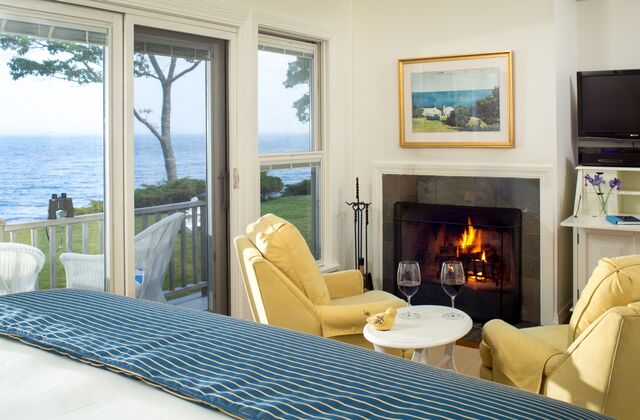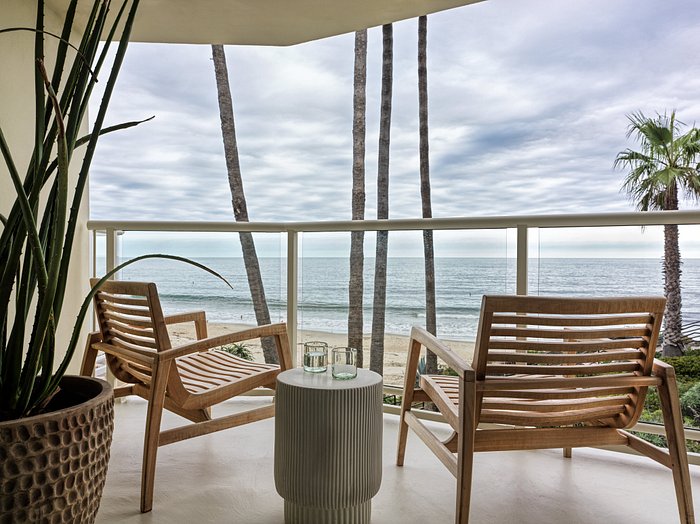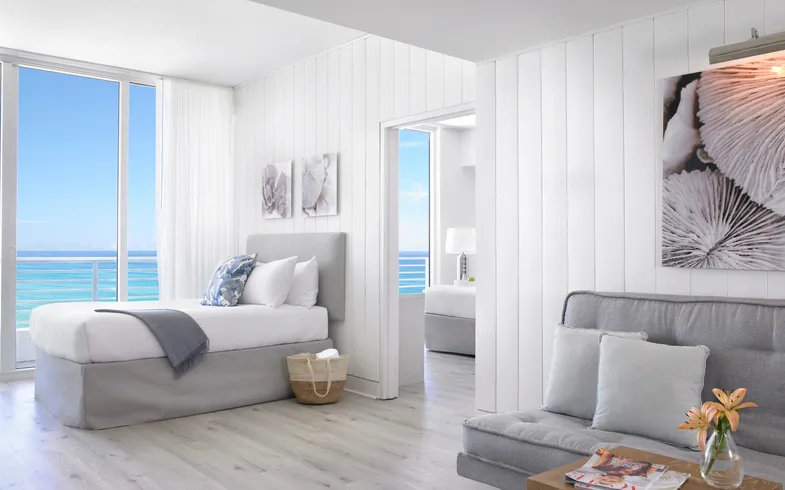When planning a romantic getaway at a beach bed and breakfast, many envision peaceful mornings by the sea and serene sunsets. However, the tranquility of these beautiful locales can be disrupted by sudden storms. Therefore, understanding storm safety for beach bed and breakfast is crucial for both guests and hosts.

Understanding the Importance of Storm Preparedness
The allure of a beach vacation is undeniable, but with the beauty of the ocean comes the potential for storms. These natural events can arise with little warning, making it essential for beach bed and breakfast establishments to be well-prepared. Storm preparedness not only ensures the safety of guests but also protects the property from damage.
Why Storm Safety is Essential for Beach Properties
Beach properties are particularly vulnerable to storms due to their proximity to the ocean. The impact of high winds, heavy rainfall, and potential flooding can be devastating. Therefore, having a robust storm safety plan in place is not just a precaution; it’s a necessity. According to an article on hurricane preparedness, implementing a comprehensive strategy can significantly mitigate risk and ensure safety.
Creating a Storm Safety Plan
A well-thought-out storm safety plan should cover all potential scenarios, from minor storms to severe hurricanes. Hosts should regularly update their plans and conduct practice drills to ensure everyone knows what to do in an emergency.
Assessing the Property for Risks
Begin by assessing the property for vulnerabilities. Look for areas that are prone to flooding or could be damaged by high winds. Secure outdoor furniture and ensure that windows and doors are reinforced. For more tips on property management, visit cost to open a beach bed and breakfast.
Stocking Emergency Supplies
Every beach bed and breakfast should have an emergency kit ready. This kit should include first aid supplies, flashlights, batteries, non-perishable food, and water. Guests should be informed about the location of these supplies upon check-in.
Communicating with Guests
Communication is key in storm safety. Hosts should have a clear communication plan to inform guests about potential storms and safety measures. It’s important to provide guests with updates and instructions on what to do during a storm.
Using Technology to Stay Informed
Utilize technology to stay updated on weather conditions. Weather apps and alert systems can provide real-time information about approaching storms. Share this information with guests to keep them informed and prepared.
Evacuation Plans and Procedures
In some cases, evacuation may be necessary. Have a clear evacuation plan in place and ensure all guests are familiar with it. Designate a meeting point and have transportation options ready if needed.
Working with Local Authorities
Collaborate with local authorities to ensure your evacuation plan aligns with regional guidelines. This cooperation can facilitate a smoother evacuation process and ensure everyone’s safety.
Post-Storm Recovery and Safety
After a storm has passed, it’s important to assess the property for damage. Ensure that it is safe for guests to return and address any issues immediately. This proactive approach not only ensures safety but also reassures guests of their wellbeing.
Documenting Damage for Insurance
Document any damage for insurance purposes. Take photos and keep detailed records of all necessary repairs. This documentation is crucial for filing insurance claims and receiving compensation.
Reassuring Guests Post-Storm
Once it is safe, communicate with guests to reassure them. Inform them of the steps being taken to ensure their safety and the restoration of the property. This communication fosters trust and shows a commitment to their wellbeing.

Frequently Asked Questions
What should guests do if a storm is approaching?
Guests should follow the instructions provided by the host, which typically include staying indoors, keeping away from windows, and preparing to evacuate if necessary.
How can hosts ensure the safety of their guests during a storm?
Hosts can ensure safety by having a comprehensive storm safety plan, maintaining clear communication with guests, and being prepared with emergency supplies and evacuation options.
What are the best practices for post-storm recovery at a beach bed and breakfast?
Best practices include assessing the property for damage, communicating with guests, documenting any damage for insurance purposes, and making necessary repairs promptly.
For more information on beach accommodations and safety, visit Tripadvisor.
This article contains affiliate links. We may earn a commission at no extra cost to you.






